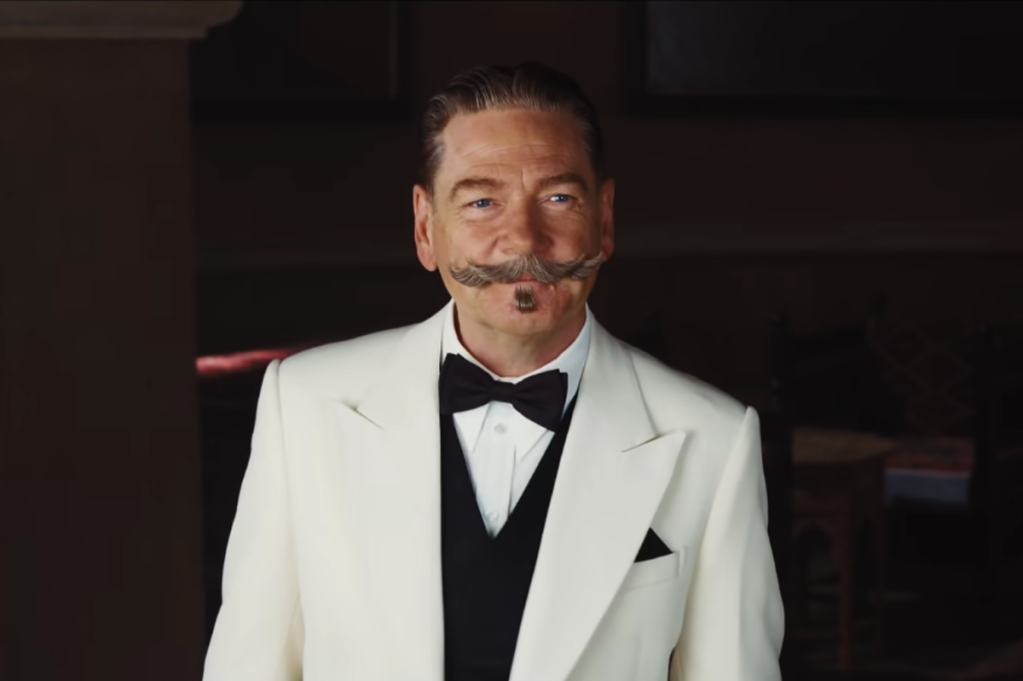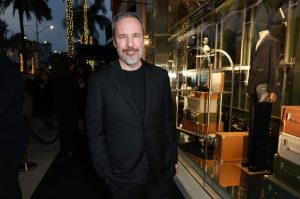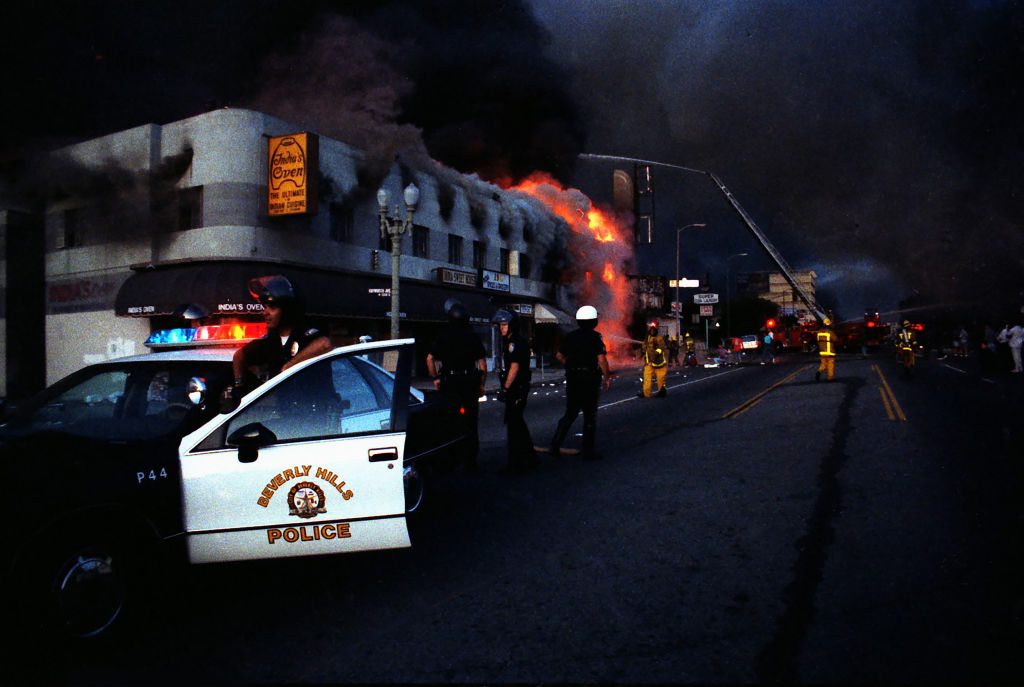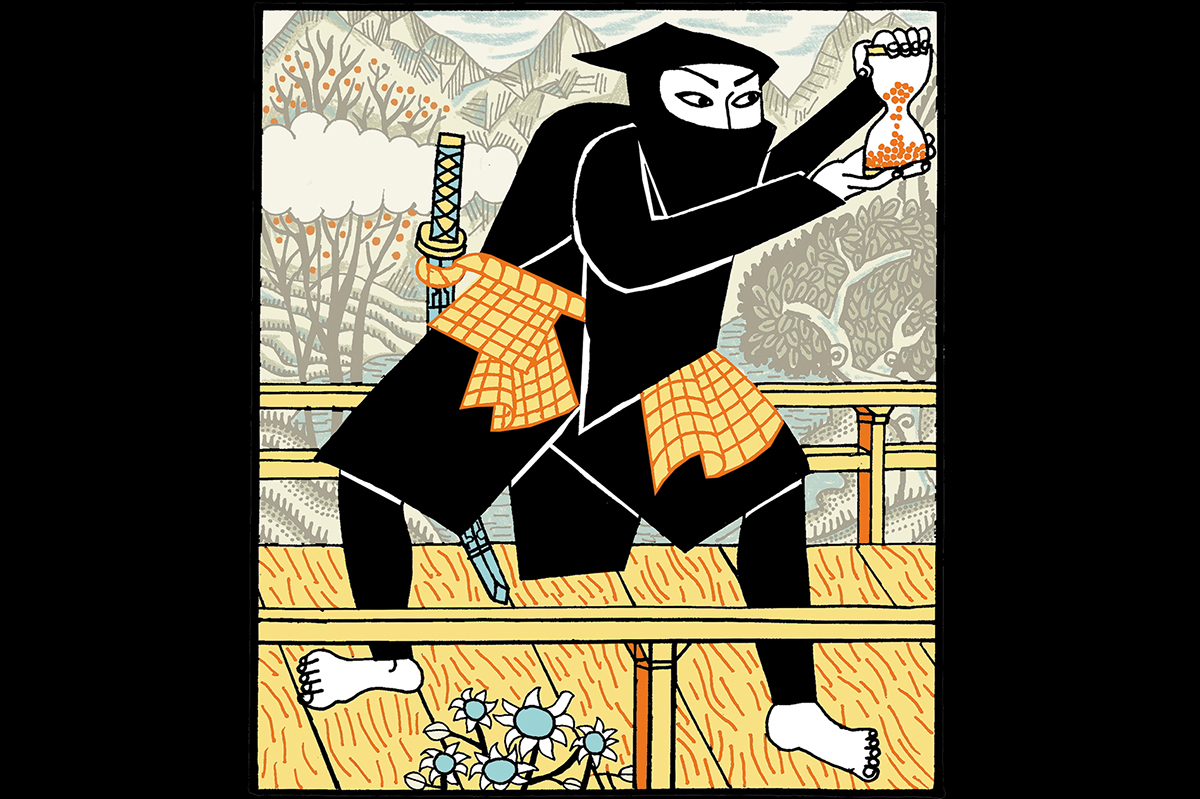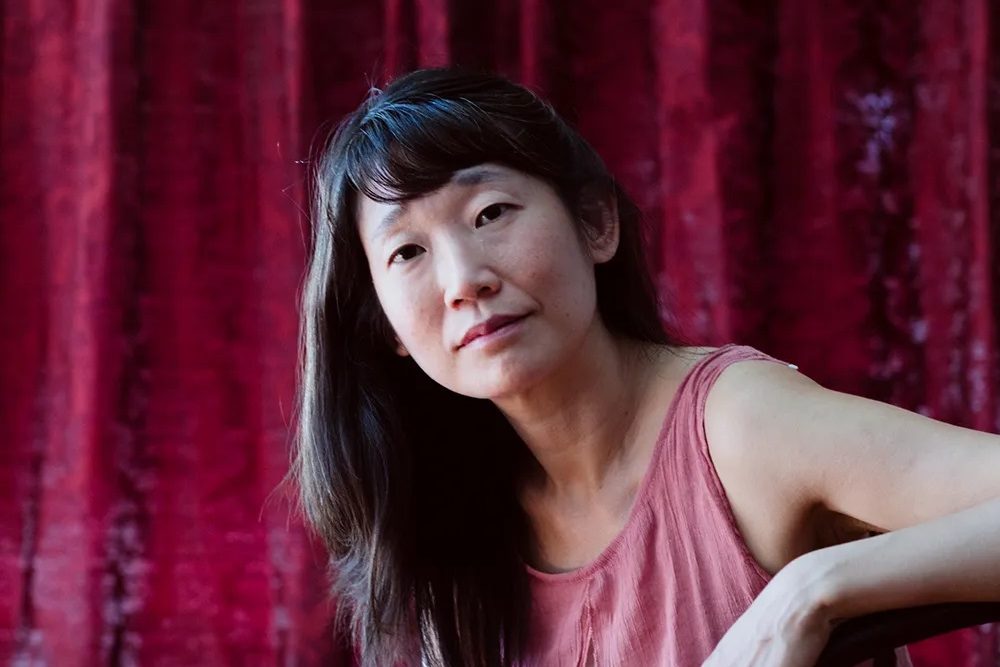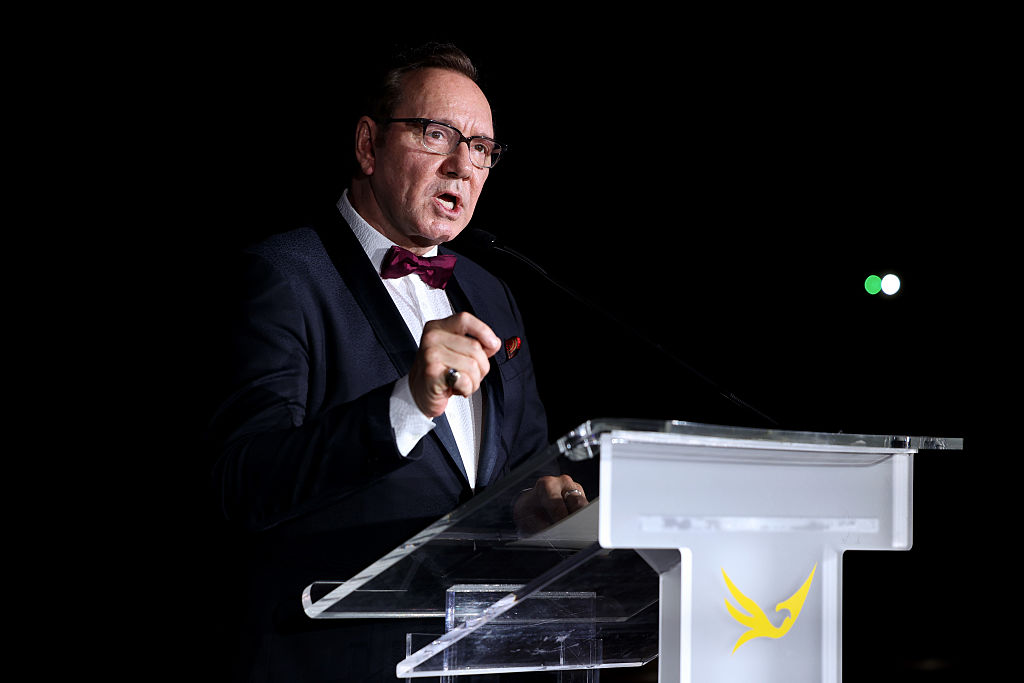I remember enjoying Murder on the Orient Express a few years ago, when I took refuge from a real-life blizzard in a Jackson, Wyoming theater to watch Kenneth Branagh’s decadent take on Agatha Christie’s snow-covered murder mystery. It was memorably cast with big-name talent (Johnny Depp makes one heck of a sleazy bad guy) and exquisite, if sometimes over-the-top, costumes and décor. If memory serves, the movie ended as a suspenseful and satisfying cinematic treat.
Death on the Nile, not so much. Branagh teased his next adaptation of an Hercule Poirot novel at the end of Orient Express, but I found his second attempt wasn’t worth the five-year wait. Critics are blasting the movie for its “languid pace,” lack of tension, flat acting, “faux-epic tackiness” and particularly for Poirot’s ridiculous facial hair. Seriously, his mustache has a mustache. And he sports a soul patch — a soul patch! — always a distracting and unnecessary physical accessory.
These are all warranted critiques, but the real crime of this movie is Branagh’s portrayal of Poirot himself — and by himself. “The detective may be pompous and effete,” Johnny Oleksinski observes in the New York Post, “but his narcissism is nothing compared to that of Branagh.”
Branagh takes a character with several decades’ worth of traits, expressions, habits and idiosyncrasies recorded in thirty-three Poirot novels and nearly sixty short stories and decides there isn’t enough material for his movies. The director insists on enhancing Poirot by giving him and his mustache an elaborate, and again, distracting and unnecessary, backstory. (Poirot was, according to Branagh, injured during World War One and grew the whiskers to hide his scars, at the suggestion of his sweetheart, who tragically died later during the war on her way to visit him.)
Rather than preserve Poirot as the fastidious little eccentric loner whose asexual nature sets him apart and adds to his charm, Branagh must make him more human and interesting — or something — and turn the focus on the person of Poirot (and Branagh himself as the lead) rather than on the plot, where it belongs. David Fear nails it in Rolling Stone, writing, “[The preamble] feels like a weak, easy attempt at giving this canon-worthy snoop more depth in addition to his quirks and genius-level deductive skills, though it actually achieves the opposite: he becomes yet another classic fictional character reduced to the sum of his traumas and tragedies.”
We all know Hollywood has lost its imagination. The “new” Batman film is “a really long movie we’ve seen many times before,” John Nolte writes in a hysterical review for Breitbart, where he notes the endless reboots of the Batman, Star Wars and Jurassic Park franchises we’ve been forced to endure. While it’s one thing to “revisit” a great story and introduce it in a fresh way to a new audience, it’s another, insulting thing to destroy the integrity of the original creator’s imagination. I haven’t read every piece of Poirot literature there is, but I’ve read enough to know the liberties Branagh takes with the character are uncalled for. Poirot is already absurd, but Branagh makes him clownish; Christie provided Poirot an intriguing, albeit appropriately mysterious past as a former Belgian police officer, but Branagh adds a melancholic element that does nothing but clutter the storyline and distract the viewer from trying to figure out whodunit.
While it’s fair for a director to enhance a character or plot slightly now and then, especially for the sake of a modern audience, what Branagh does borders on literary mutiny, with Christie the deposed captain thrown overboard.
Branagh’s portrayal of Poirot doesn’t even make sense: he oscillates between wistfully longing for his past, to being a demanding old kook throwing a mini tantrum when his eggs lack symmetry, then again to becoming flustered by a beguiling, jazz singing divorcee. The real Poirot (of the books) was largely impervious to other people and their erratic behavior (though he was, at one point, taken by a charismatic countess), preferring to study and be amused rather than affected by them. His ability to disengage from people and see through them — often preoccupied by more straight-forward, orderly details, like the speck of dust on his spats or the proper shape of his toast — is what made him an expert at figuring out his suspects.
Poirot is all about following clues and the proclivities of human nature to their logical conclusions, and Branagh fails miserably at this basic principle of the classic crime story. The thing about pompous people is that they take themselves so seriously, they’re immune to others. Yet Branagh would have us believe that Poirot is simultaneously self-absorbed to the point of constantly referring to himself in the third person and a hopeless romantic?
I was raised on a revolving cast of characters my parents watched on Masterpiece Theatre. In the mood to re-watch these series over the years, my father will say, “I miss my friends,” meaning the people in the shows we have come to know and love. It’s comforting to have a set of reliable people in your life, unscathed by the “real world.” And it’s high time Hollywood invented its own characters rather than tarnishing the ones we already cherish.



